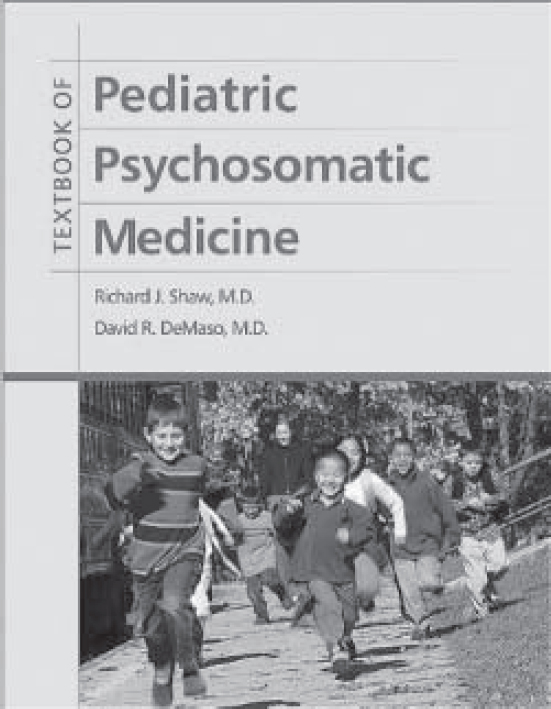
Paediatric psychosomatic medicine, or paediatric liaison psychiatry, is at a crossroads in the UK and elsewhere. Is it to be an easy target for cuts or can we convince those in power of its potential to actually save money, not to mention suffering, both now and in the future? In this context a comprehensive textbook whose aim is to articulate the evidence base for the mental health aspects of paediatrics is very welcome. Although the majority of contributors are from the USA, the cultural differences, though present, are not intrusive.
I liked the format of the book, with the scene set by a description of the biopsychosocial model and a rationale for its use. This thread runs through the book resulting in a cohesive approach to a breadth of clinical areas. The focus on referral questions was the most useful area for me, working in paediatric liaison psychiatry; it fills in the gaps in my reading and reassures me that my clinical work is not out of step with the available evidence from national and international colleagues. The chapter on treatment adherence and the subsequent section on specialties and subspecialties should be mandatory reading for paediatricians in training. It helps to understand the psychosocial adjustment and other psychosocial difficulties across a range of conditions, also discussing evidence-based treatments for each.
Perhaps it is because treatment issues are so well handled in the individual subsections that I was so disappointed with the more general concluding section on treatment. Being at a crossroads, paediatric liaison psychiatry needs to sell itself and what it has to offer harder. I would also have liked to see attention given to our input into medical systems, particularly our role in containing anxiety in these systems. In truth, although this is often the most valuable and difficult part of our job, it is probably also the hardest to measure. I suspect this lack of evidence is the reason for this absence. The other omission is looking in more detail at chronic fatigue syndrome. Rightly or wrongly, it is a significant part of my clinical work, an area of immense suffering and impairment where mental health professionals, working as part of a multidisciplinary team, can have a significant impact.
In spite of these reservations, I can wholeheartedly recommend this book to any health professional working with children. We need to use what evidence there is regarding psychosocial management in paediatric conditions and identify areas where evidence is lacking. This book will help us do both.



eLetters
No eLetters have been published for this article.